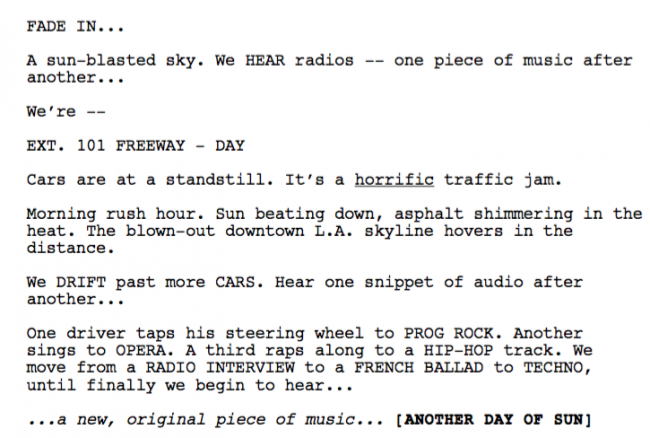Movie City Indie Archive for February, 2017
Until 3/2, Matt Porterfield’s Lovely TAKE WHAT YOU CAN CARRY (30m)
Link here. From Grasshopper Film. More details.
Filmmaker Nathaniel Dorsky Invites Eastman Kodak Into His NYC Digs (13’51”)
For Criterion, Carmen Maura on Acting for Comedy and Drama (1’29”)
Trailering Terence Malick’s SONG TO SONG (1’37”)
Could a film be brilliant self-parody as well as lucid dream? So many gestures the most intolerant critics criticized about Terrence Malick’s Knight of Cups are front-and-center here. (As a trailer, it’s both tender and confrontational: Don’t like where I’ve gone? I haven’t gone anywhere.)
Keith Maitland’s TOWER On Independent Lens

Keith Maitland’s intricately conceived and executed Tower, a hybrid, mixed-media documentary, takes advantage of the versatility and cost-effectiveness of animation to reflect on American’s first mass shooting at a school, from the University of Texas Tower on August 1, 1966, when thirteen were murdered and thirty wounded in ninety-six minutes. As with other experiments in the form, like Ari Folman’s Waltz with Bashir, rotoscoped animation has the effect of bringing us both closer and removing us from the events, which are also shown in archival footage. (Richard Linklater’s Austin-made Waking Life is, of course, another important reference.)
[A clip: “Pregnant teenager remembers the moment she was shot.“]
The mingling of real and unreal, depicting the events via first-person testimonies is dreamy, and it’s a nightmare. It’s also emotionally shattering, a feat of imagination, but also a feat of empathy. Animation allows the witnesses we hear to also remain the age onscreen they were fifty years ago, innocent, hopeful, not yet under attack. Elemental yet expressionistic, Tower is an admirable attainment, a broadside from the solar plexus, and the powerhouse ending, partially narrated by Walter Cronkite commenting in the day, is magnificently measured. So much tenderness! So much humanity. Those ten minutes so heartfelt, affirmative, I cried.
[Debuts Tuesday, 14 February at 10pm in most markets.]
Download 9 of the 10 Oscar-Nominated Screenplays
ADAPTED
Arrival.
Fences.
Hidden Figures.
Lion.
ORIGINAL

La La Land.
The Lobster. (have a press kit!)
 Manchester-by-the-Sea.
Manchester-by-the-Sea.
20th Century Women.













